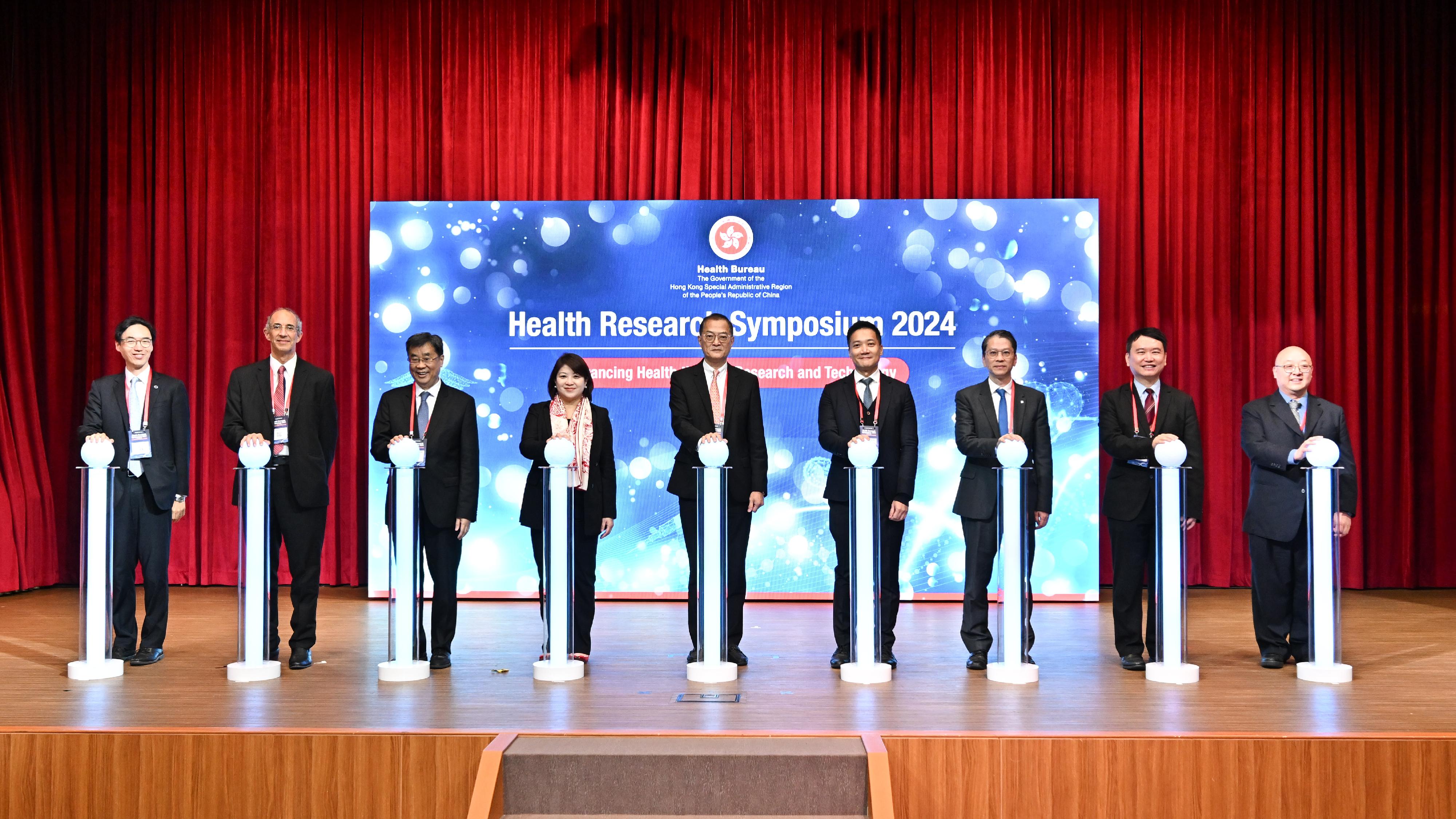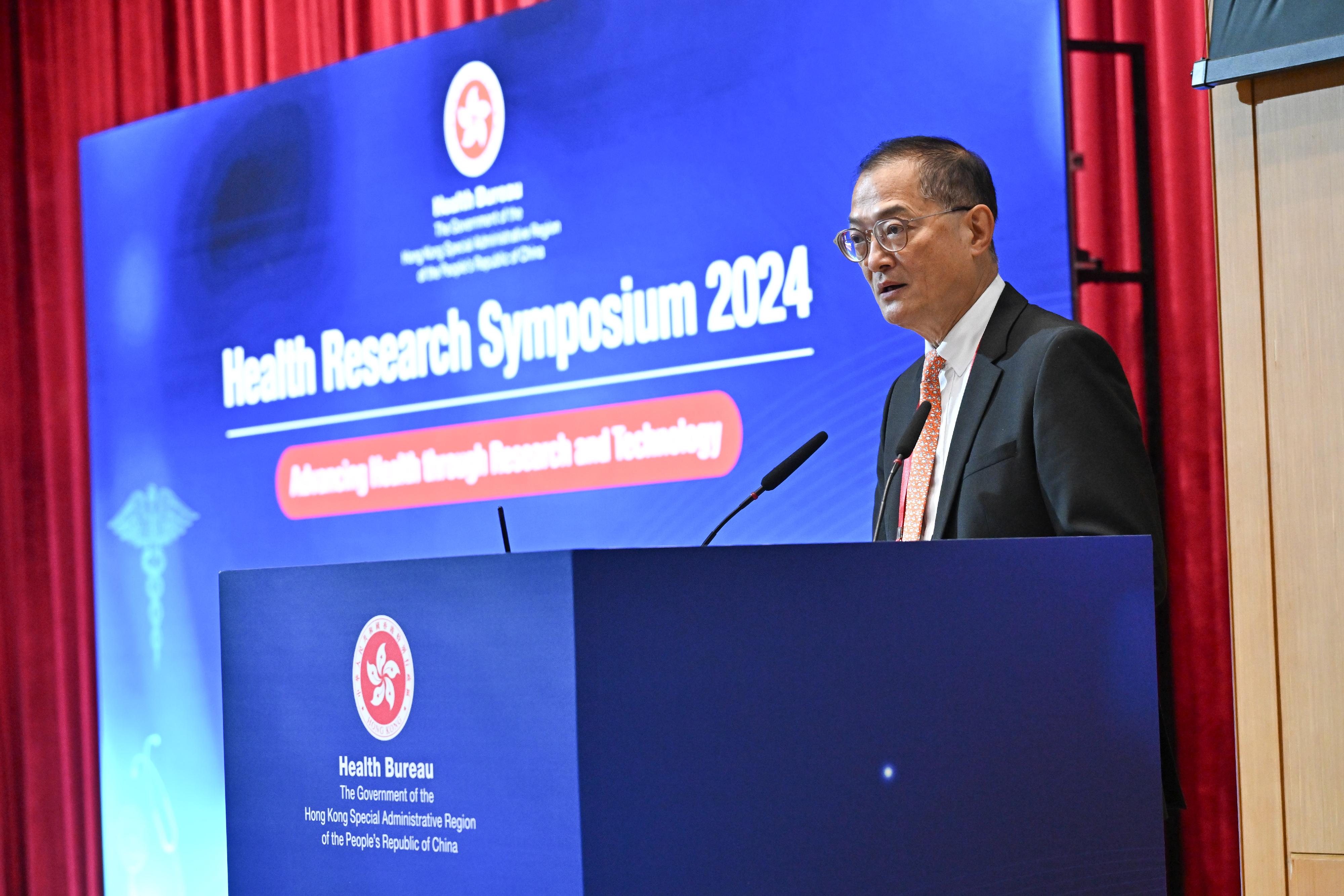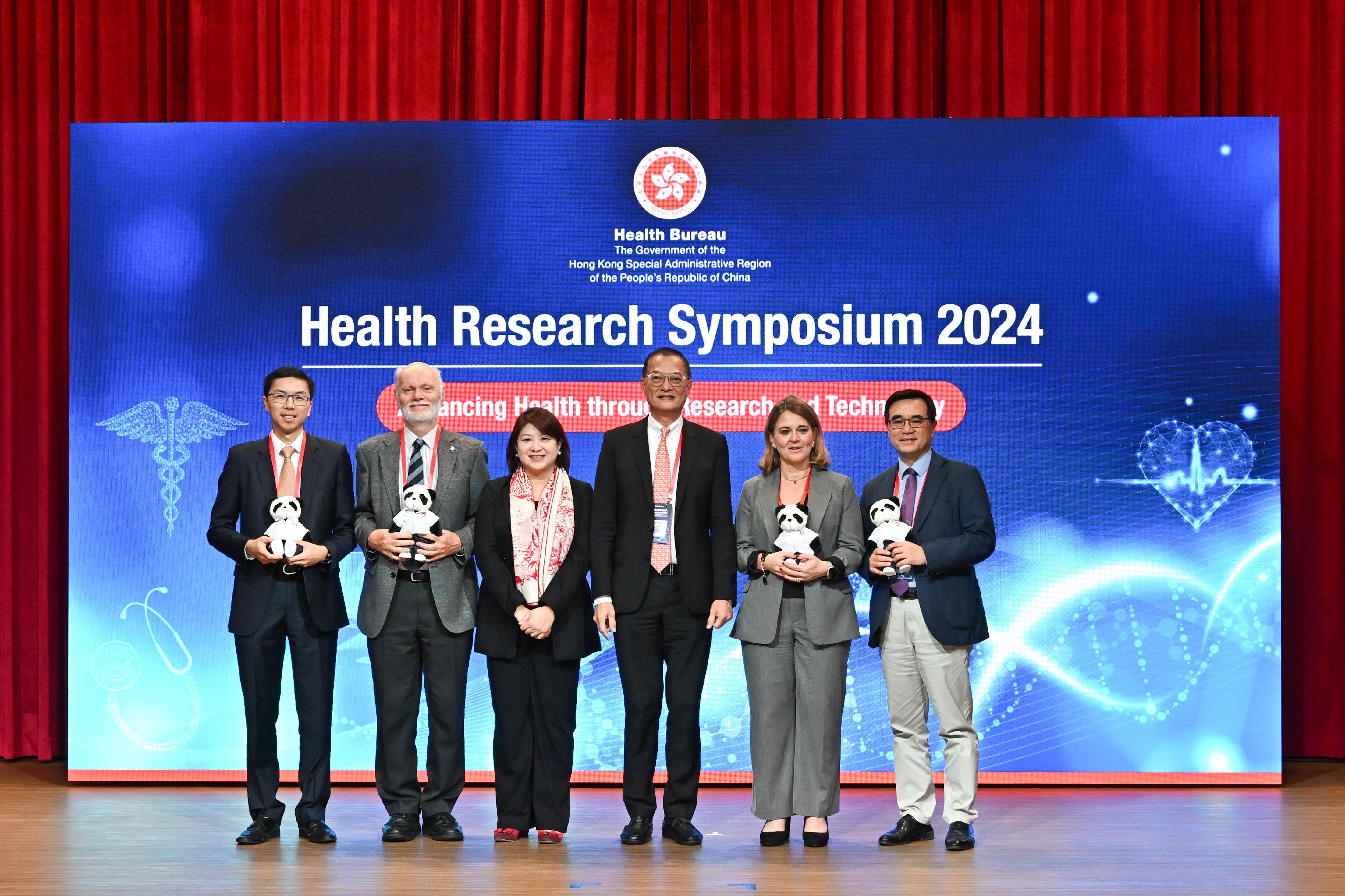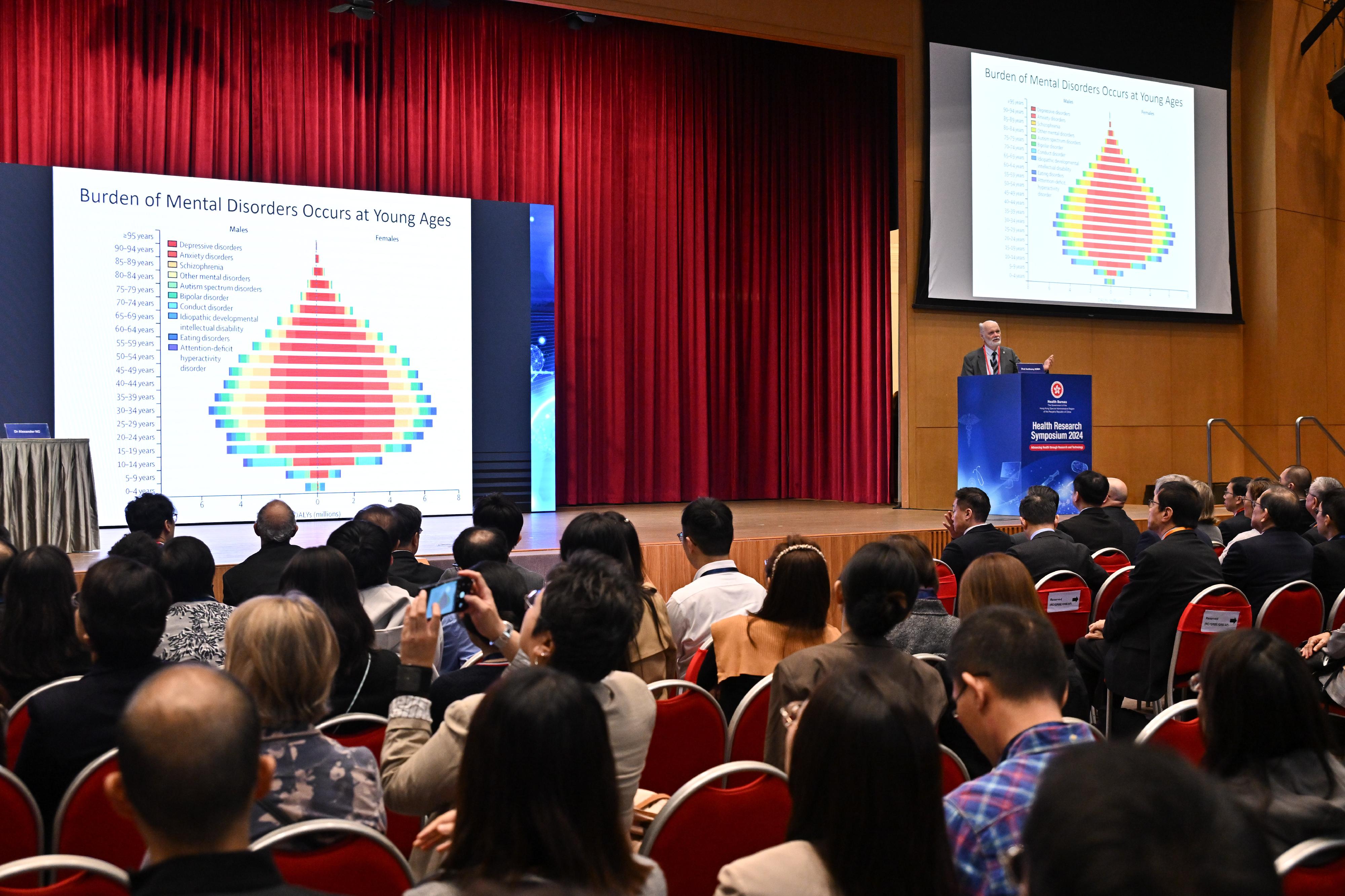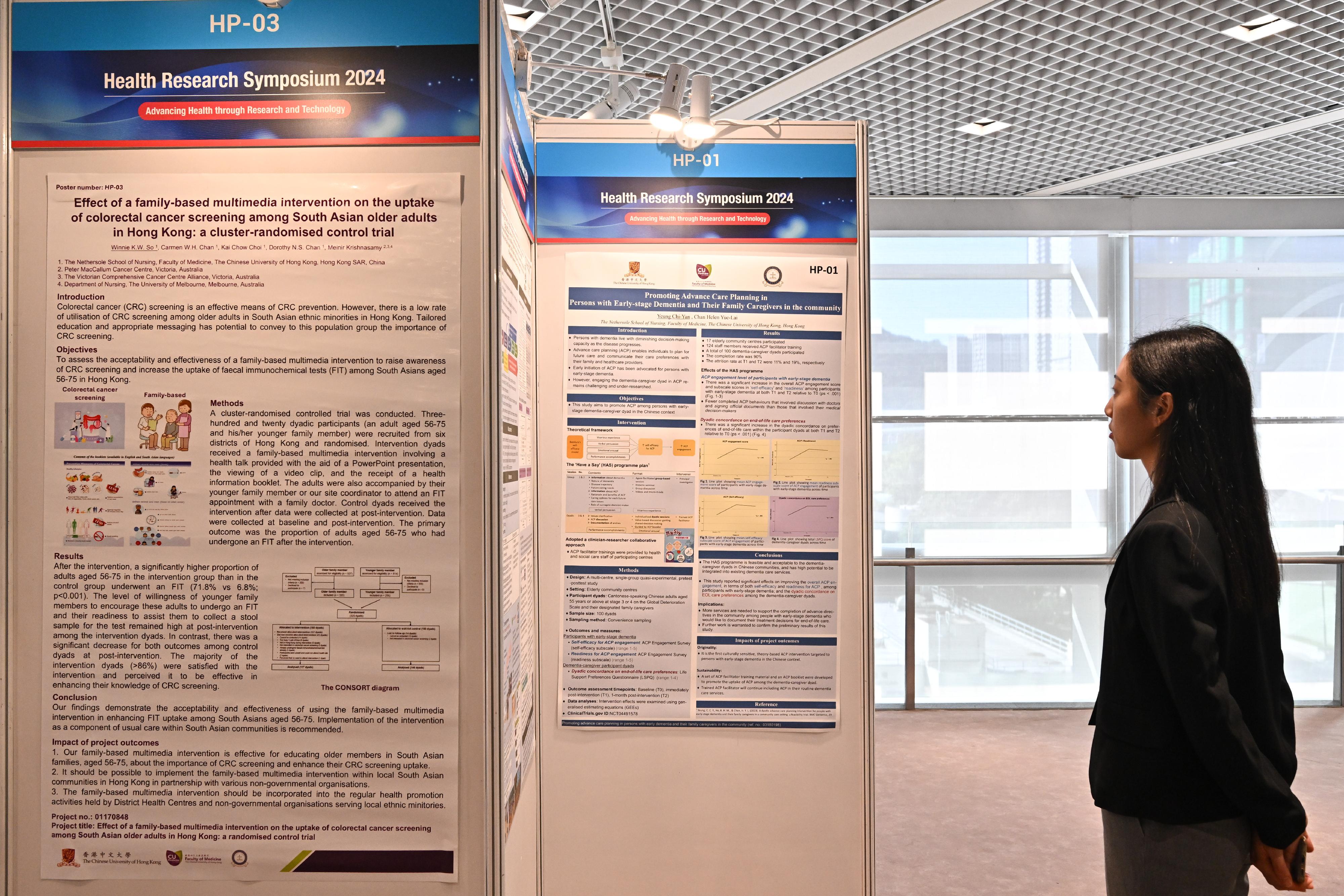AFCD announces new quarantine arrangements for imported cats and dogs
The Agriculture, Fisheries and Conservation Department (AFCD) announced today (November 26) that new quarantine arrangements for imported cats and dogs will be implemented starting from December 1. The AFCD will introduce Group IIIA for exporting countries/places, thereby increasing the number of groups from three to four. The quarantine period for cats and dogs imported from Group IIIA countries/places will be significantly shortened from the current 120 days to 30 days upon their arrival in Hong Kong, provided that they meet the relevant quarantine requirements. The Macao Special Administrative Region is the first place to be included in Group IIIA. The AFCD is currently discussing with Mainland authorities the implementation details of including the Mainland in Group IIIA. Announcements will be made in due course.
Applicants for importing cats and dogs from Group IIIA countries/places should ensure that the requirements are met and provide relevant proof to the AFCD, including that the animals must be implanted with a conforming microchip, accompanied by valid vaccination certificates against rabies and other specified infectious diseases, have a satisfactory rabies neutralising antibody titre test result from a laboratory recognised by the AFCD, and an animal health certificate issued or endorsed by a government veterinary officer of the country/place of export. Details about the new quarantine arrangements and the application procedure for importing cats and dogs, including the reservation of quarantine facilities and information on the recognised laboratories, are available on the AFCD website: www.afcd.gov.hk/english/quarantine/qua_ie/qua_ie_ipab/qua_ie_ipab_idc/qua_ie_ipab_idc_Group_IIIa.html.
An AFCD spokesman noted that as biotechnology has developed in recent years, the AFCD has conducted a risk assessment earlier on and considered that the quarantine period for cats and dogs imported from certain Group III places could be shortened by measures such as rabies vaccination and rabies neutralising antibody titre tests. The new arrangement aims to optimise the quarantine requirements for importing cats and dogs, helping pet owners bring cats and dogs to Hong Kong.
Under the new arrangement, the AFCD will approach countries/places that do not meet the requirements to be included in Group II but have satisfactory regulation of veterinary services and official controls on health certification for quarantine arrangements. Upon reaching agreements, these countries/places will be categorised as Group IIIA to shorten the quarantine period for importing cats and dogs upon their arrival in Hong Kong. The original Group III will be renamed as Group IIIB. Since the incubation period of rabies can be up to several months, the quarantine period for importing cats and dogs from Group IIIB countries/places will remain no less than 120 days.
To effectively prevent the transmission of rabies into Hong Kong, the AFCD classifies places into different groups according to different risks of rabies, with reference to information about the surveillance of animal diseases from the World Organisation for Animal Health. Group I includes rabies-free places (i.e. where rabies has been absent for a long time); Group II includes places where rabies cases are few and under effective control; Group IIIA includes places that do not meet the requirements to be included in Group II but have satisfactory regulation of veterinary services and official controls on health certification; and Group IIIB includes places where rabies cases are reported and not under effective control. In general, places that do not meet the requirements of Group I, II or IIIA (or cannot be assessed) will be included in Group IIIB.
